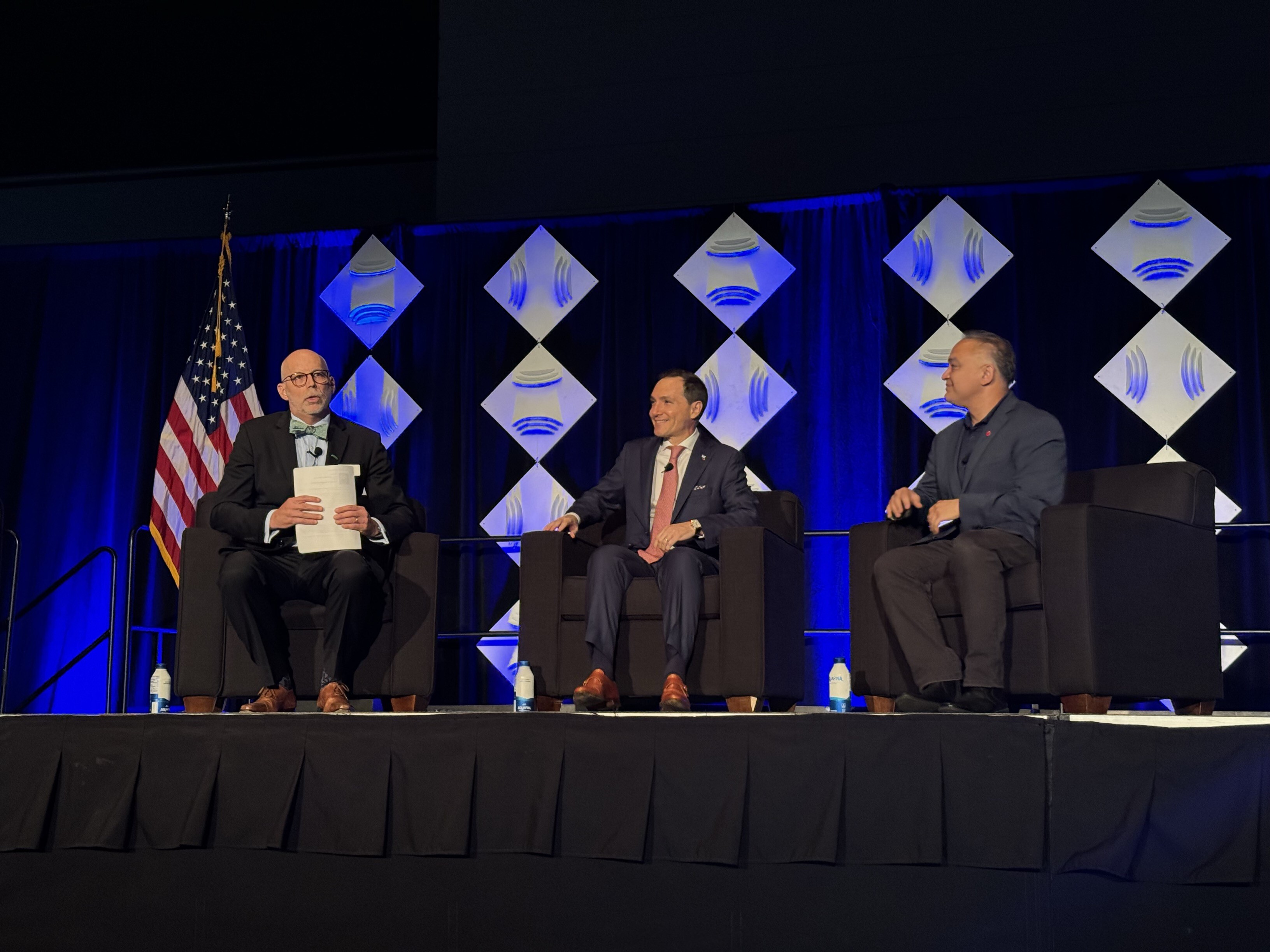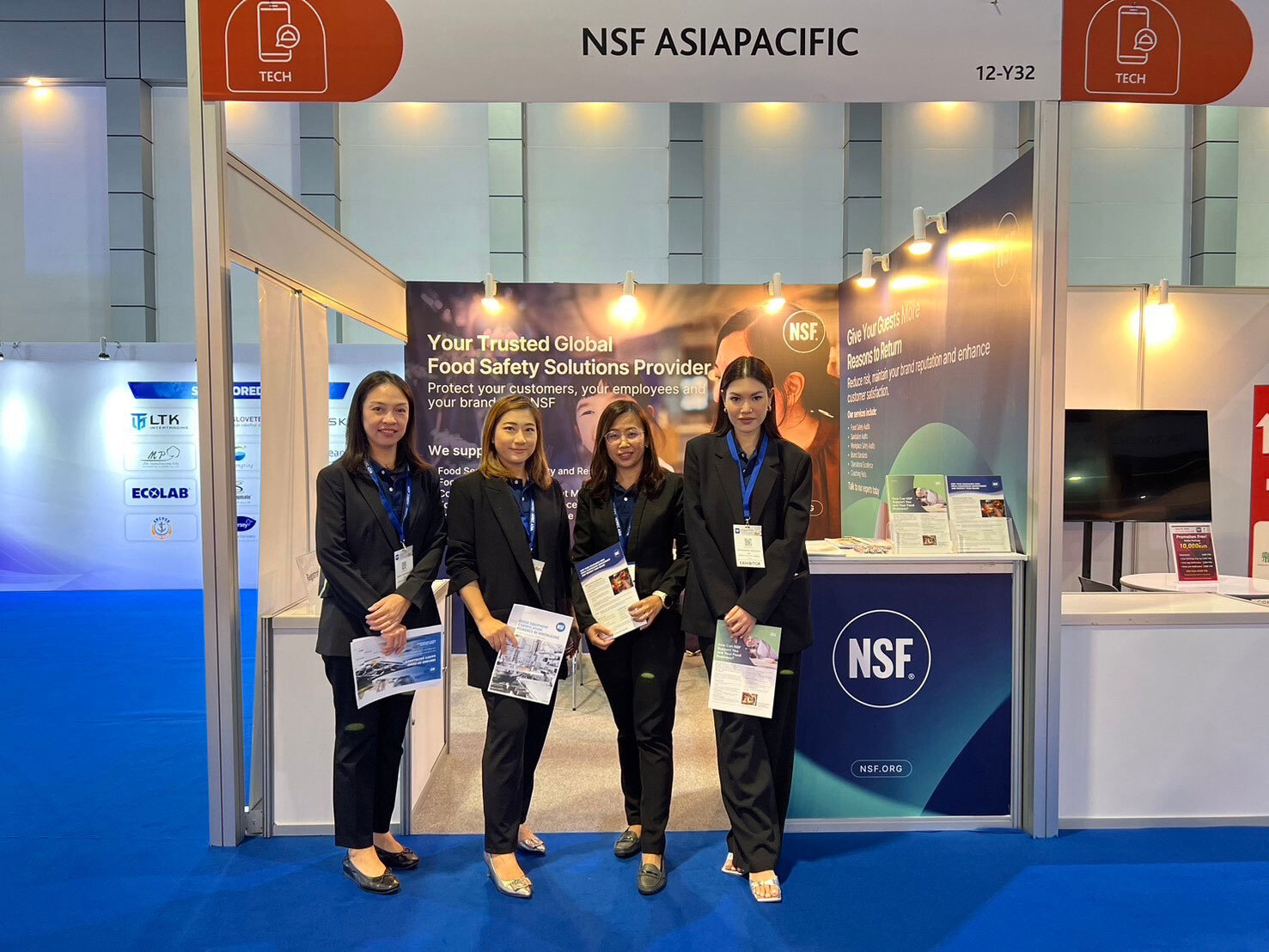NI Protocol, FDA CBER Reorg & More — March ’22 Pharma News

The Current Position for Medicines in Northern Ireland Post-Brexit
On October 13, 2021, the European Commission put forward proposals to resolve the Northern Ireland (NI) Protocol issues. This included the concession that medicines with a national marketing authorization issued for Northern Ireland under the protocol could be exported from Great Britain (GB) to NI based on batch testing and release conducted at a site in GB in perpetuity. However, this concession came with a range of conditions:
- NI MAs will have to apply the full range of EU medicines law.
- NI MAs will have to contain a “legal prohibition of sale (resale) outside its geographical scope” - i.e., NI medicines cannot be legally sold elsewhere in the EU.
- The EU FMD safety features provisions would have to be applied such that an NI pack scanned elsewhere in the EU would not be accepted.
On December 17, 2021, the European Commission announced that it would amend its legislation to implement the proposals it had first made on October 13, 2021. This means the following for medicines moving between GB and NI:
- All regulatory functions can remain in the UK if they are currently located there.
- For medicines brought into Northern Ireland from the rest of the UK, batch testing does not need to be repeated if it has already been carried out in Great Britain or the EU.
- No manufacturing authorization or import licenses are needed for medicines supplied from Great Britain to Northern Ireland, subject to certain conditions.
- Generic medicines can be authorized under national UK procedures, complying with EU rules on medicines. People in Northern Ireland will have access to these medicines simultaneously to people in the rest of the UK.
- People in Northern Ireland will also have access to innovative life-saving medicines (including new cancer medicines) at the same time as any other person in the UK. A “bridging solution” will allow any new medicine authorized in the UK to be supplied to Northern Ireland until the relevant authorities are also given in the EU. This “bridging solution” is in addition to the existing compassionate- and emergency-use mechanisms under EU law.
- Authorization by the UK MHRA can allow companies located in Great Britain to use a single pack and leaflet when supplying markets in Great Britain and Northern Ireland. There will be no need for separate packaging.
Malta, Cyprus and Ireland will benefit from certain derogations for three years. For example, during this period in these three countries, importers of medicines from the UK will not need to hold manufacturing authorizations. These medicines will need to be batch tested again if they have already been tested in the UK. This will give operators more time to adapt. Work on a long-term permanent solution is ongoing in the context of the EU’s Pharmaceutical Strategy.
The UK’s preferred solution is still to remove medicines from the NI Protocol, but it has agreed to constructively work with the EU’s proposed solution to change the EU’s rules on medicines.
Until the new arrangements are in place, the existing derogations, which had been due to finish on January 1, 2022, will continue.
NSF Vice President for EMEA Pharmaceutical Services Dr. Peter Gough presented a webinar on the Brexit issue in March 2021. You can watch the webinar below:
Join Us on March 16 for the NSF Health Sciences Symposium
The inaugural NSF Health Sciences Symposium will be held online on March 16 from 13:00-17:00 GMT. This free event will look at the ever-changing life sciences landscape and assess the shifts impacting the pharmaceutical, dietary supplement, medical device, IVD and clinical sectors.
A global lineup of speakers from leading companies and regulatory bodies will discuss the field’s dynamics and answer attendees’ questions.
Reorganization of the FDA’s CBER
On January 3, 2022, several changes to the FDA’s Center for Biologics Evaluation and Research (CBER) organization were announced.
The Office of Tissues and Advanced Therapies is adding three new branches:
- Gene Therapies Branch II
- Tissue Engineering Branch
- General Medicine Branch
The Office of Biostatistics and Epidemiology is changing its name to the Office of Biostatistics and Pharmacovigilance and adding a division of pharmacovigilance and two additional pharmacovigilance branches.
Other changes were announced for the Compliance Officer and the Office of Management.
MHRA Public Consultation on the Medicines and Medical Devices Act 2021 - Closing Soon
On January 17, 2022, the MHRA launched an eight-week public consultation, due to end March 14, 2022, on proposals for legislative changes for clinical trials. The legal basis for making these changes is Section 2 of the Medicines and Medical Devices Act 2021. This consultation specifically relates to clinical trials and Investigational Medicinal Products (IMPs).
The aim is to update and strengthen the current UK clinical trial legislation to:
- Promote public health and help ensure that the protection of participants remains at the heart of the legislation.
- Remove obstacles to innovation while maintaining robust oversight of the safety of trials.
- Streamline the regulation of clinical trials and reduce the unnecessary burden to those running trials by embedding risk proportionality into the framework.
- Facilitate the evaluation and development of new or better medicines to reduce the burden of disease on patients and society.
- Help ensure that the legislation builds international interoperability so that the UK remains a preferred site to conduct multinational trials.
The specific proposals consulted on are as follows:
-
Patient and public involvement
- Involvement of people with relevant lived experience in the design, management, conduct and dissemination of a trial.
-
Research transparency
- A requirement to publish a summary of results within 12 months of the end of the trial unless a deferral has been agreed upon.
- A requirement to share trial findings with participants.
- Clinical trial approval processes
- A combined MHRA and ethics review, with an initial decision given on the application (i.e., approval or a request for further information) within a maximum timeline of 30 days from validation.
- A sponsor-driven timeline to respond to any requests for further information (nominally 60 days but with flexible extension).
- A combined MHRA and ethics final decision on a trial within a maximum of 10 days, following receipt of any Requests for Further Information (RFI) responses.
- The ability for the regulators to extend the time frame for medicinal products or trials where the risks involved may be greater, so that independent expert advice can be sought.
- A clinical trial approval to lapse after a specified time limit if no participants have been recruited.
- The clinical trial approval to lapse after a specified time limit if no participants have been recruited.
- A trial sponsor to have sight of RFIs when they are ready, rather than having them issued as the final part of the assessment.
- The ability to receive an RFI during the review of a substantial amendment.
- A notification scheme for low-intervention trials.
- Proposals for research ethics reviews and composition of Research Ethics Committees (RECs).
- Informed consent in cluster trials
- Flexibility on consent provisions when the trial is considered to have a lower risk.
-
Safety reporting
- To remove the requirement for individual SUSARs to be reported to all investigators.
- To remove the requirement to report SUSARs and annual safety reports to RECs.
- Where justified and approved by the regulatory authority, SUSARs can be reported in an aggregate manner.
- GCP
ICMRA Paper on Remote Inspections
In mid-2021, the International Coalition of Medicines Regulatory Authorities (ICMRA) established a focus group to install a global approach to remote regulatory inspections, including GCP, GMP and GDP. On December 13, 2021, this group published a paper titled “Reflections on the regulatory experience of remote approaches to GCP and GMP regulatory oversight during the COVID-19 pandemic.”
This paper concluded that “the use of digital technologies in the remote conduct of inspections, evaluations, and assessments was a key business continuity tool for regulatory oversight of certain activities and sites during the COVID-19 pandemic.” The conclusion also stated that “several regulators have expressed an interest in supplementing an inspection, or in some cases, replacing the need for an on-site inspection with remote and/or hybrid approaches, such as for addressing a narrow concern, contributing to an application assessment and approvability decision, or verifying certain corrective/preventive actions.”
So remote approaches for many regulatory authorities will continue to be a tool in their inspection “toolkit” after the COVID-19 pandemic. These so-called “hybrid” inspections are likely to become the norm for many authorities, such as the UK MHRA and the U.S. FDA.
Stay in Touch With Industry Updates With the NSF Subscription Service
NSF Health Sciences offers a pharmaceutical legislation update subscription service. The service provides you with 12 months of updates of changes to legislation and guidance that can potentially impact the manufacture and distribution of medicinal/drug products. Full updates will be provided in February and September, with interim summaries in May and December. The updates will be provided as recordings through NSF’s online LMS portal and can be viewed at a time convenient to you. To grant access to the recorded updates, we will create an account for you on our LMS, and as each update is made available, you will receive an enrollment email giving you a link to view the material. There will also be an opportunity for Q&As with Pete Gough through two-hour live, virtual meetings each quarter.
Share this Article
How NSF Can Help You
Get in touch to find out how we can help you and your business thrive.

What’s New with NSF

NSF Shanghai Named Critical Site for NSF/ANSI 455 and NSF/ANSI 173 by ANSI National Accreditation Board
July 26, 2024
NSF Takes Center Stage at NEHA Annual Education Conference
July 25, 2024
NSF Asia Pacific Showcases Hospitality Solutions at THAIFEX HOREC Asia 2024 in Bangkok, Thailand
July 4, 2024